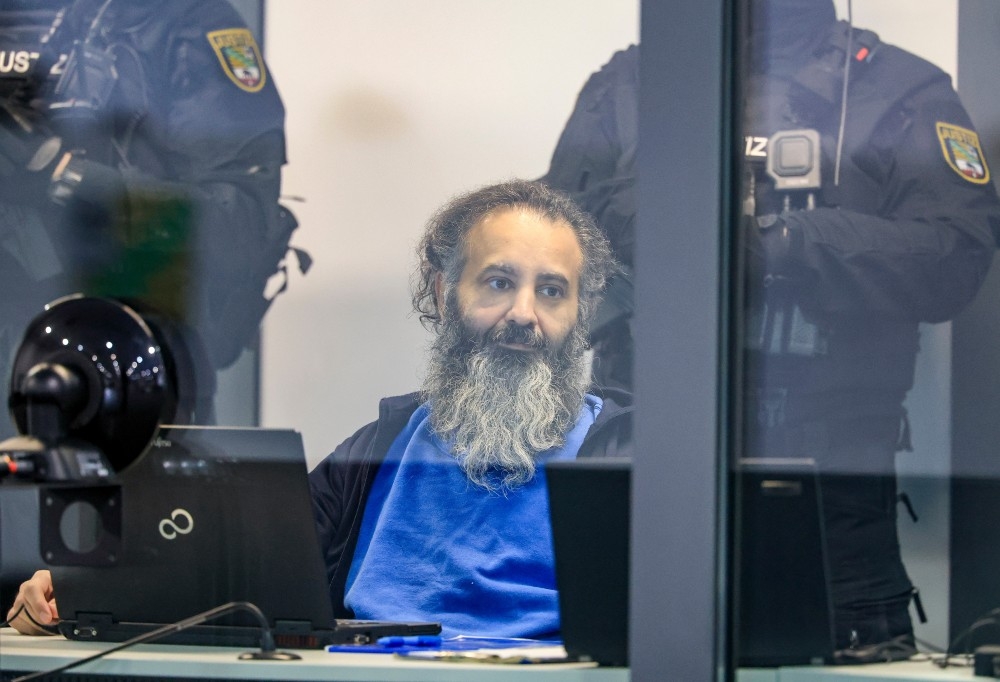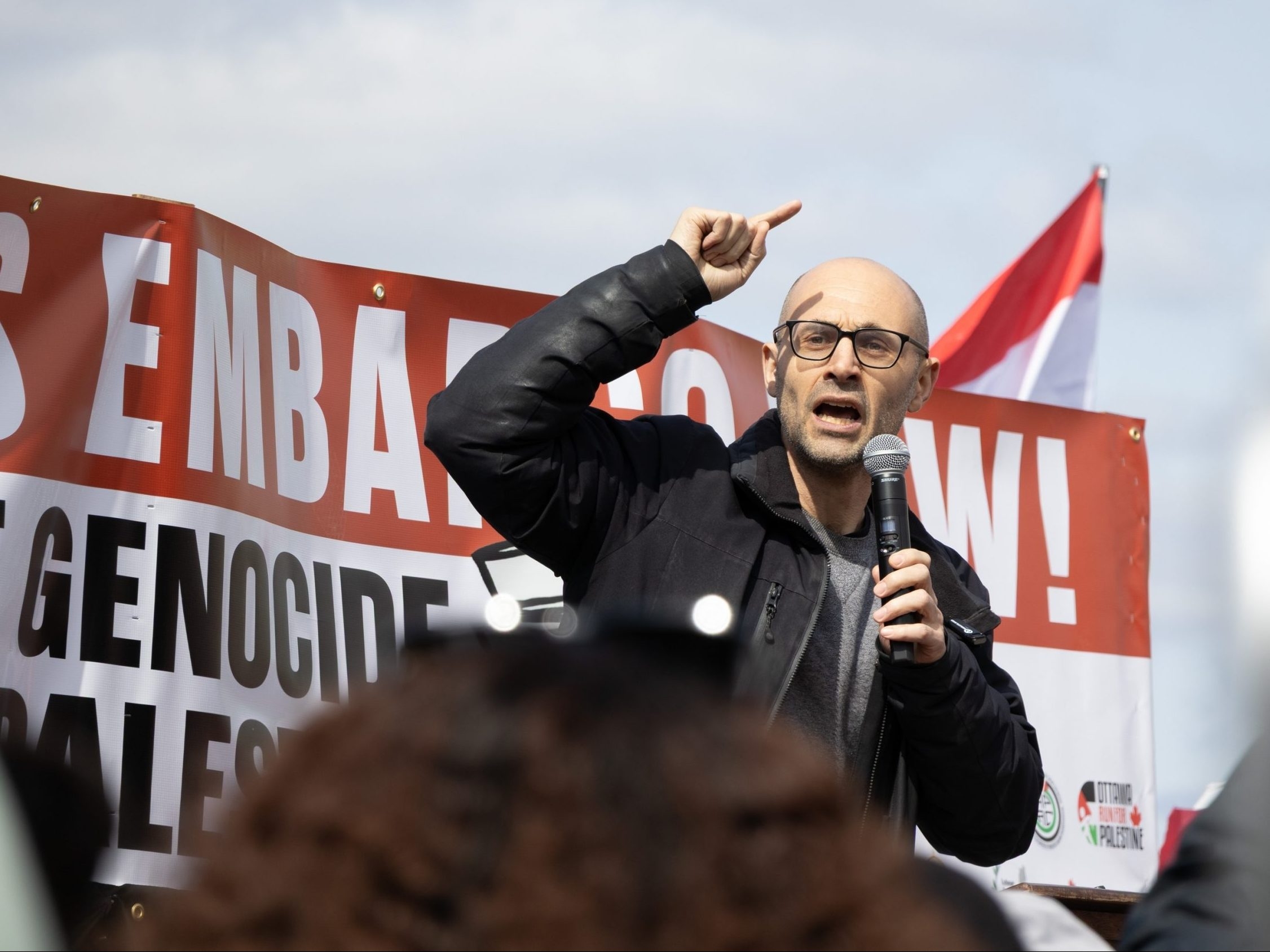The courtroom in Magdeburg was built for a single, harrowing purpose: to confront Taleb al-Abdulmohsen with the weight of his alleged actions. The 51-year-old Saudi doctor arrived under heavy security, shielded behind bulletproof glass, as the trial for the Christmas market attack began.
December 20th had begun as a festive day, filled with the warmth of the season. But in a matter of moments, a rented BMW X3 tore through the joyful scene, transforming it into a landscape of unimaginable horror. Five women and a young boy lost their lives, and countless others were left wounded, their lives irrevocably altered.
The prosecution laid bare a chilling motive: not ideology, but a desperate craving for attention fueled by personal frustration. Al-Abdulmohsen, they allege, deliberately sought to inflict maximum harm, aiming to strike as many people as possible to finally be noticed.

The defendant remained largely silent at the opening, stating only that his response to the charges would be extensive, requiring hours, perhaps even days, to fully articulate. This silence hung heavy in the room, amplifying the grief and unanswered questions surrounding the attack.
Investigators meticulously reconstructed the events, revealing the vehicle reached speeds of 30 mph during its terrifying rampage. The attack wasn’t fueled by intoxication, but by a simmering discontent stemming from a legal dispute and the dismissal of previous criminal complaints.
What sets this case apart is the suspect’s unconventional profile. Authorities emphasize that al-Abdulmohsen doesn’t align with typical extremist perpetrators. He identified as an ex-Muslim, openly critical of Islam, and even voiced support for far-right ideologies online.
Prior to the attack, the suspect had been flagged for threatening behavior, yet had never demonstrated violent tendencies. This history adds a layer of complexity, challenging conventional understandings of radicalization and motive.
The Magdeburg attack occurred during a period of heightened national debate surrounding immigration, thrusting the issue into the center of Germany’s political landscape. Al-Abdulmohsen himself had been a resident of Germany since 2006, having been granted permanent residency.
The trial is expected to continue for months, with sessions scheduled until March. A life sentence looms as a potential consequence should al-Abdulmohsen be found guilty on the six counts of murder and 338 counts of attempted murder.





